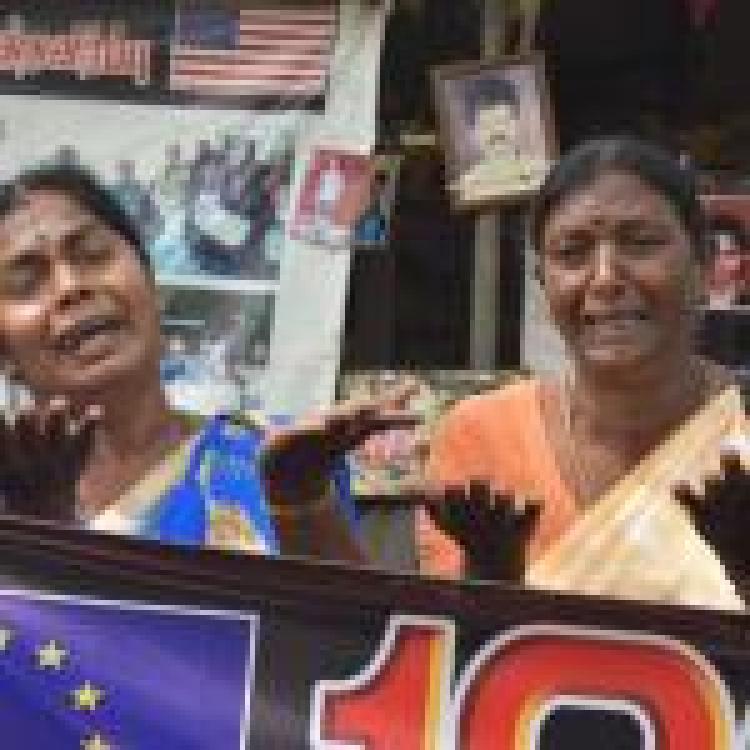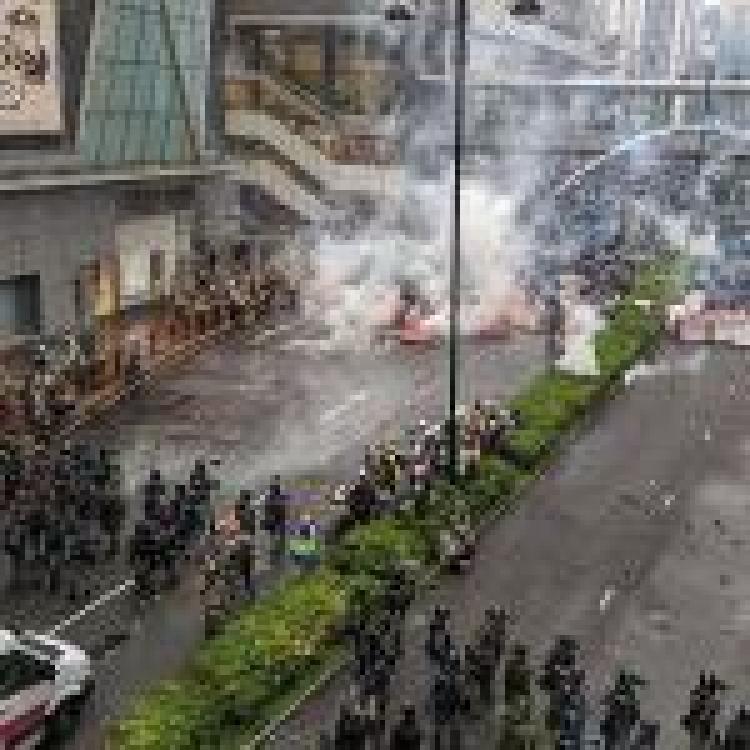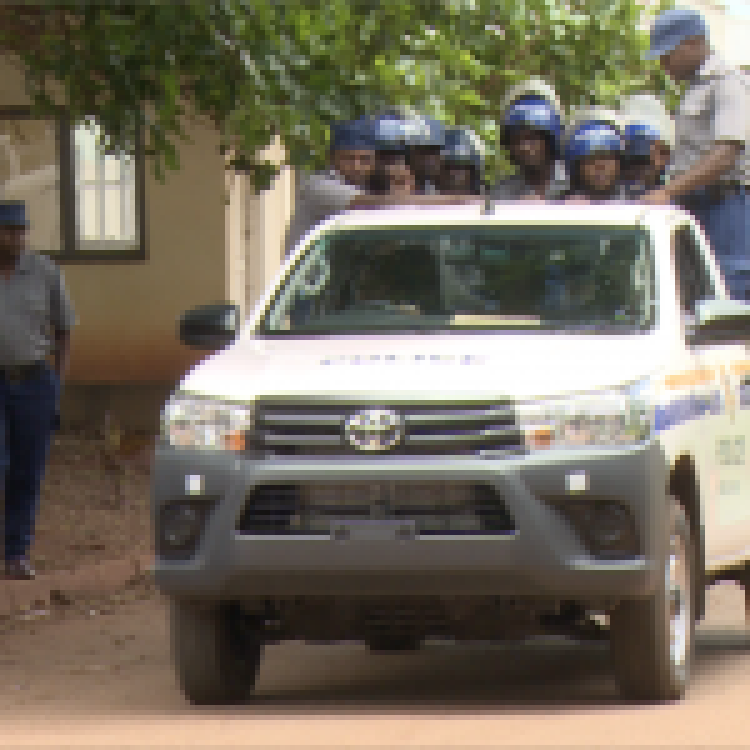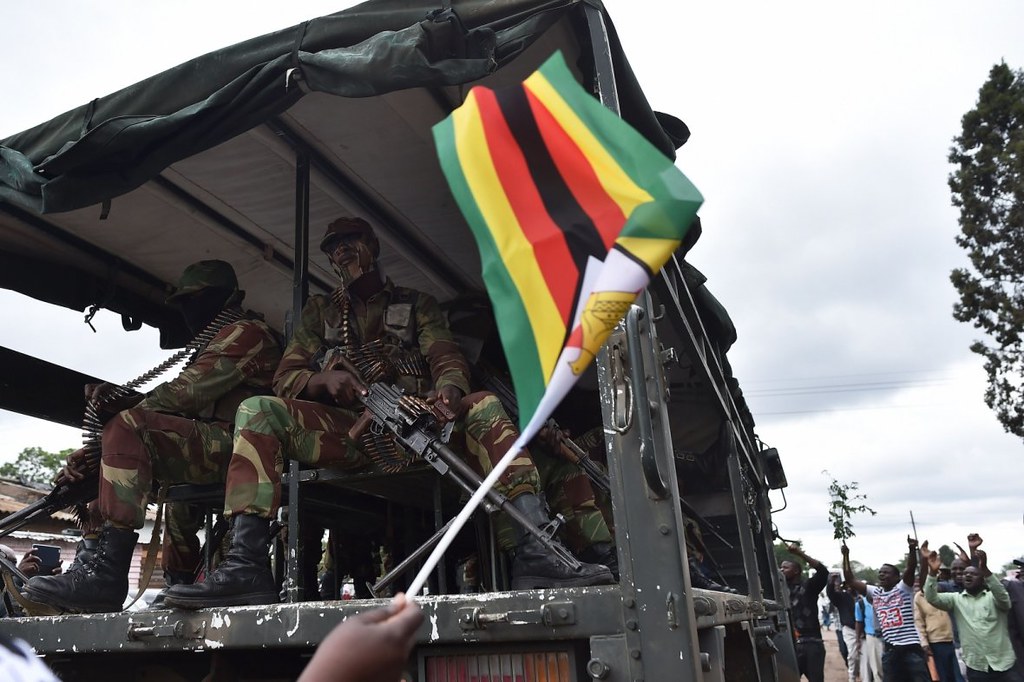
The European Union (EU) has prompted action from the Zimbabwe government to ensure that justice and accountability against human rights abusers is immediately sought.
The call from EU on Monday (Feb 17) requested that an investigation was made into the violence that occurred following the 2018 elections – in particular Zimbabwe security forces who were found to have used excessive lethal force to quell nationwide protests in mid-January 2019, according to Human Rights Watch. Investigations found that ‘at least 17 civilians were killed and 17 women were raped’ and no security force persons has been sanctioned for these offences.
Zimbabwe President, Emmerson Mnangagwa formed the ‘Motlanthe Commission of Inquiry’ in response to the post-election violence of August 1, 2018, and found that six people died and 35 others were injured as a result of actions by the state security forces.
Despite these findings, recommendations of holding the perpetrators accountable for said actions and establishing a committee to compensate the killed and the victims who were affected, is yet to be fulfilled.
Furthermore, the authorities have still not set up an effective and independent mechanism for investigating complaints from members of the public regarding misconduct by security services and there has been a lack of attempt to resolve the consequences of their actions, per the requirements of section 210 of Zimbabwe’s Constitution.
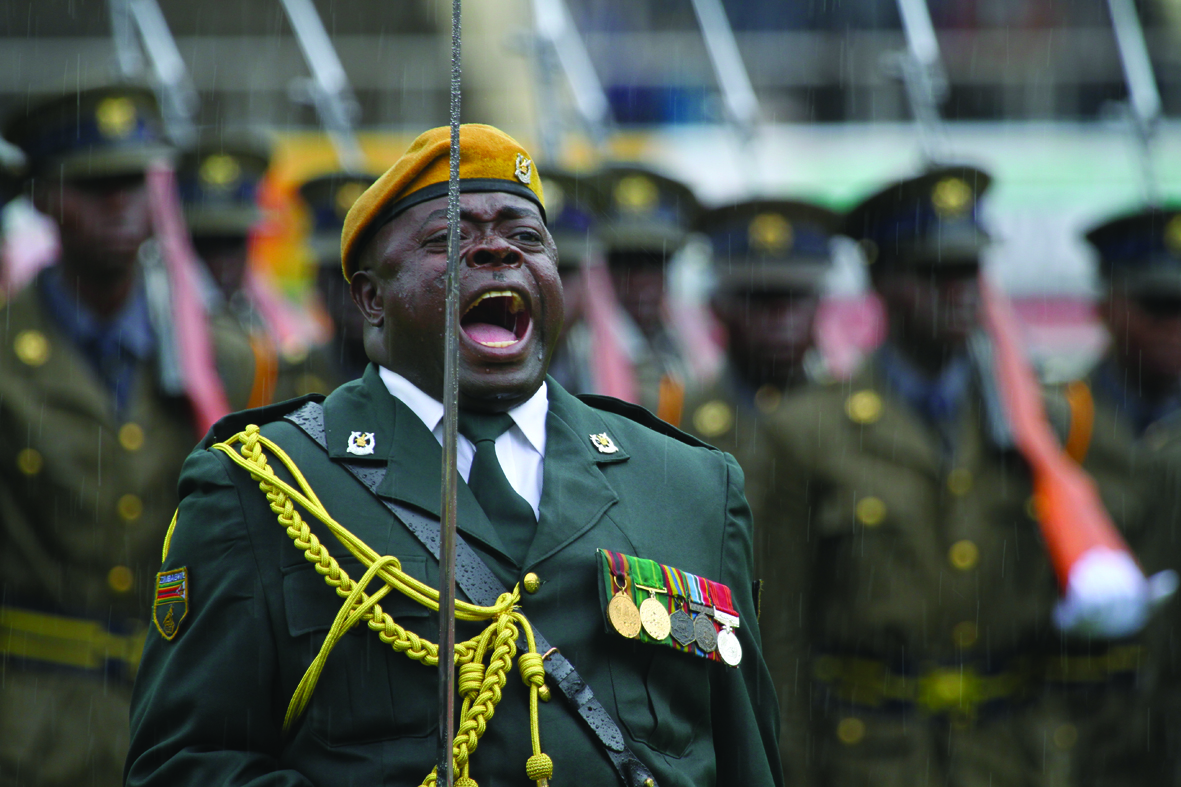
The EU highlighted its commitment to ensuring that the current Mnangagwa government will launch immediate investigations into security force personnel implicated in human rights abuses by extending an arms embargo and targeted asset freeze against the state-owned Zimbabwe Defense Industries.
The EU also added it will “seek increased collaboration with international partners, most importantly the African Union, SADC and its member countries, and international financial institutions, who can play a key role by supporting Zimbabwe in enabling an inclusive dialogue and in accelerating progress in reforms,” to help accelerate progress in reforms.
Read more here.


